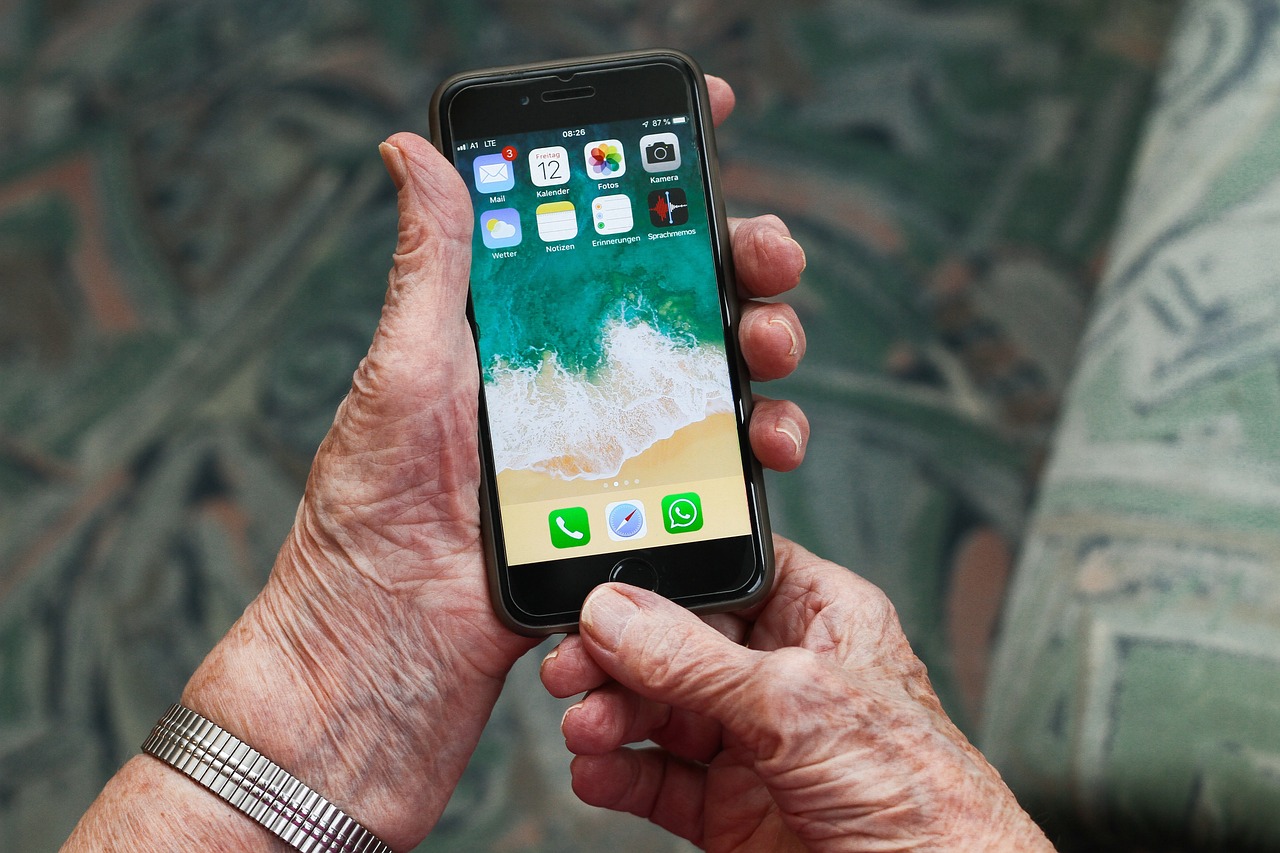News release
From:
Mental health: Internet use may improve wellbeing in adults over 50
Internet use may be associated with higher levels of life satisfaction, better self-reported health, and fewer symptoms of depression among adults aged over 50 in 23 countries, suggests a study published in Nature Human Behaviour. The findings have potential implications for public health policies and practises, particularly in countries with ageing populations and limited mental health services.
In 2019, approximately 14% of people globally aged 55 years and older experienced mental health conditions, such as depression. Previous research has suggested that internet use is associated with poorer mental health, particularly among younger demographics. However, the internet is also a source of health information and social connection, which are important for the wellbeing of middle-aged and older adults. Until now we have known relatively little about the link between internet use and the wellbeing of this demographic worldwide.
Qingpeng Zhang and colleagues analysed data from 87,559 individuals aged 50 years and older in 23 countries (including the US, UK, China, Mexico, and Brazil) with a median follow-up of 6 years. They found that internet use — defined as sending or receiving emails, making purchases and travel reservations, and searching for information — was associated with higher levels of life satisfaction, fewer symptoms of depression and better self-reported health. In the US, England, and China, participants who used the internet had fewer depressive symptoms than those who did not use the internet. However, the frequency of internet use could not be reliably linked to the risk of poorer mental health across countries.
The authors propose that internet use for individuals aged 50 years and older could promote social interaction and reduce loneliness, which is a major public health issue for this demographic, and allow these individuals access to information and services, which in turn could provide emotional support and medical advice. However, they acknowledge that more research is needed to determine whether there is a causal link between internet use and wellbeing in these adults, and to investigate the role of demographic factors such as age, sex and frequency of internet use.



 International
International


